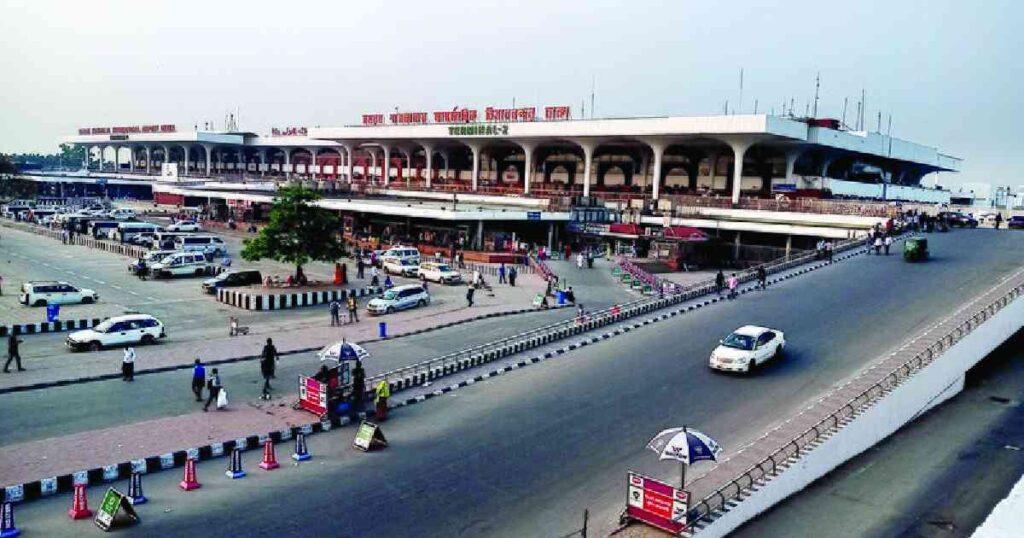Hazrat Shahjalal International Airport (HSIA) has commenced temperature screening for incoming air travelers following the World Health Organization’s (WHO) global public health alert concerning Mpox, previously known as monkeypox.
Group Captain Kamrul Islam, Executive Director of HSIA, stated that passengers are being screened through a ‘Thermal scanner archway.’ Those exhibiting symptoms will be referred to Kurmitola General Hospital, Infectious Diseases Hospital (IDH), or Kuwait Bangladesh Maitree Hospital for further assessment.
The airport authorities held a meeting yesterday to address WHO’s declaration of a global health emergency due to the rising cases of Mpox. Representatives from the Civil Aviation Authority of Bangladesh (CAAB), the Communicable Disease Control (CDC) unit of the Directorate General of Health Services (DGHS), HSIA health department, and various airlines attended the meeting.
During the meeting, stakeholders were urged to stay vigilant and take appropriate measures to manage passengers showing symptoms of Mpox. The CDC has implemented several precautionary steps, such as advising against close contact with individuals suspected or confirmed to have Mpox, wearing medical masks, avoiding skin-to-skin contact, and maintaining hand hygiene.
Airlines were instructed to notify the health department immediately if any passenger displays symptoms. Additionally, arriving passengers are advised to contact the health authorities by calling 10655 if they develop symptoms within 21 days of arrival.
The meeting was chaired by Member Operations Air Commodore AFM Atikuzzaman, with the presence of HSIA Executive Director Group Captain M Kamrul Islam, CDC-DGHS Director Sheikh Daoud Adnan, IHR Senior Adviser Dr. Nasir Ahmed Khan, WHO National Professional Officer Dr. ASM Alamgir, AOC Chairman Dilara Ahmed, and airline representatives, among others.
WHO has identified the common symptoms of Mpox as skin rashes or mucosal lesions lasting 2-4 weeks, often accompanied by fever, headaches, muscle aches, back pain, fatigue, and swollen lymph nodes. The resurgence of Mpox in the Democratic Republic of the Congo (DRC) and its spread across multiple African nations has been classified as a Public Health Emergency of International Concern (PHEIC) under the International Health Regulations (2005).
